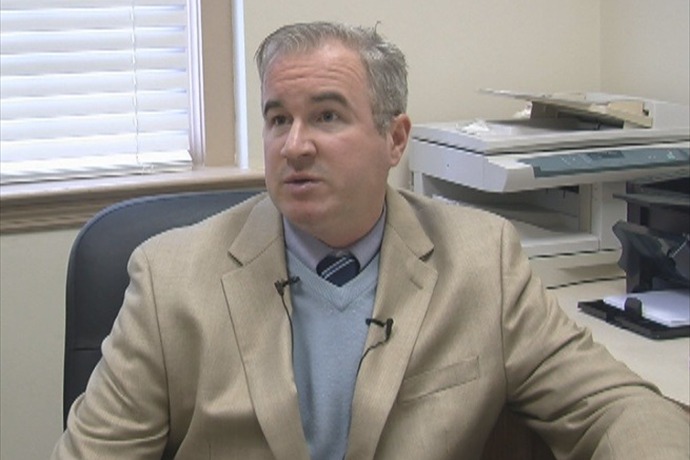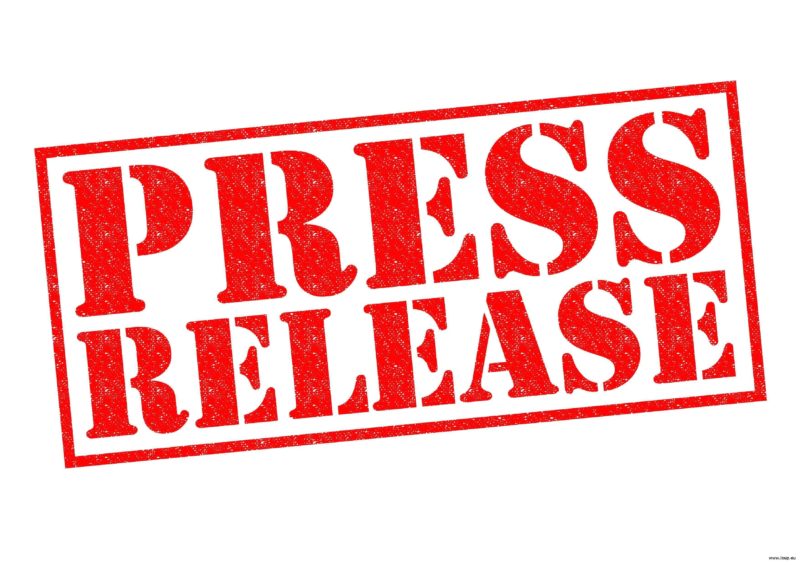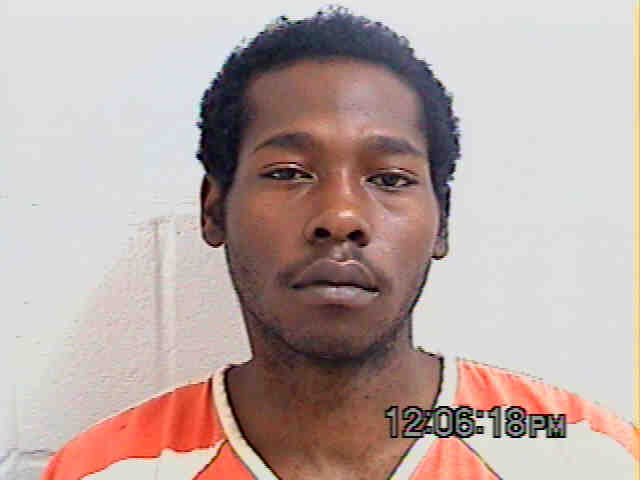
The following is a summary of the trial of United States vs. Wiley Griffin et al. We are attempting to be as accurate as possible in reporting the trial, given the restrictions on recording equipment within the courtroom. The article contains statements and claims made in court by attorneys and witnesses during the course of opening statements and testimony. Those statements and claims do not represent the views or opinions of Sowegalive.com or its parent company, Flint Media Inc.

The trial of the four Southwest Georgia Sheriff’s deputies indicted over an incident at the 2012 Bainbridge Bikefest continued Thursday, June 4 at the federal courthouse in Albany, Ga.
The witness whose testimony took up most of Thursday was District Attorney Joe Mulholland, who was the prosecutor when Aaron Parrish, the alleged victim in the federal civil rights case, was the defendant in a Decatur County jury trial in February 2013.
Parrish went on trial on the charges of felony obstruction of officers and attempt to remove an officer’s weapon, which is also a felony charge.
On the week of February 11, 2013, Mulholland said he was originally scheduled to prosecute a murder trial in Decatur County. However, the defendant in that case pled guilty at the last minute, and Mulholland took over responsibility for Parrish’s case to allow an assistant D.A. to focus on another case.
Therefore, Mulholland said he only had a day or two to prepare for Parrish’s trial. He said he reviewed his office’s case file on Parrish, which included documents such as the Sheriff’s Office incident report, and also talked with Deputy Liz Croley, who was the investigating officer on Parrish’s case.
Mulholland said his office has an “open file” policy on sharing any information in the case file with defense attorneys. He said defense attorneys are not charged for making copies. In Parrish’s case, defense attorney Autumn Webster was allowed to make a copy of everything in the case file.
Prosecutor Christine Siscaretti asked if Parrish’s felony obstruction charge was based on the allegation Parrish hit Deputy Croley at Bikefest. The district attorney said he based his prosecution on two elements: 1) the allegation that Parrish resisted arrest by struggling with officers, which is the basis of misdemeanor obstruction and 2) the allegation that Parrish hit an officer who had the authority of law, which elevated the charge to a felony.
On Wednesday, Bikefest security guard Norma McIntyre testified that she was subpoenaed to appear as a witness in Parrish’s trial, but was never called to the witness stand. McIntyre had given Croley a written statement about what she had seen occur shortly after deputies struggle with Parrish.
On Thursday, Mulholland testified there were about 16-20 witnesses subpoenaed in the Parrish case. He said an investigator compiled that witness list based on the names listed in reports and statements. It’s then up to the prosecutor to excuse some witnesses, or call of them. Because of the number of cases the D.A.’s office handles on a trial schedule, for both time and simplicity, Mulholland selected 8 witnesses to call over the course of the two-day trial.
Mulholland, who at the time of trial was only aware of what Deputy Croley put in the incident report about Norma McIntyre, said he considered calling McIntyre as a “rebuttal witness” if Aaron Parrish testified during the trial. But Parrish did not testify.
Mulholland didn’t receive McIntyre’s witness statement until February 2015. He said after reading the statement, in which McIntyre describes seeing Mike Green–not Aaron Parrish–hit Liz Croley, he immediately turned the document over to Parrish’s attorney, Autumn Webster. The D.A. said he talked with Webster about whether the statement would have affected Parrish’s trial had she possessed it.
Siscaretti, the U.S. attorney, and Mulholland differed on a key point: was McIntyre’s witness statement different from the allegation Parrish was indicted for, namely, striking Croley and resisting arrest?
Mulholland said he respectfully disagreed, and said he did not believe McIntyre’s witness statement was exculpatory evidence–evidence which tends to show an accused person is innocent of a crime. However, Mulholland acknowledged that the witness statement could have been used to impeach Croley’s testimony in the Parrish trial.
impeachment – demonstration that a witness is less worthy of belief. – dictionary.com
Mulholland confirmed that McIntyre’s statement was not in the case file that the district attorney used to prepare for Parrish’s trial.
However, the D.A. said he “wouldn’t have handled Aaron Parrish’s trial any differently, even knowing what I know now.”




Be the first to comment